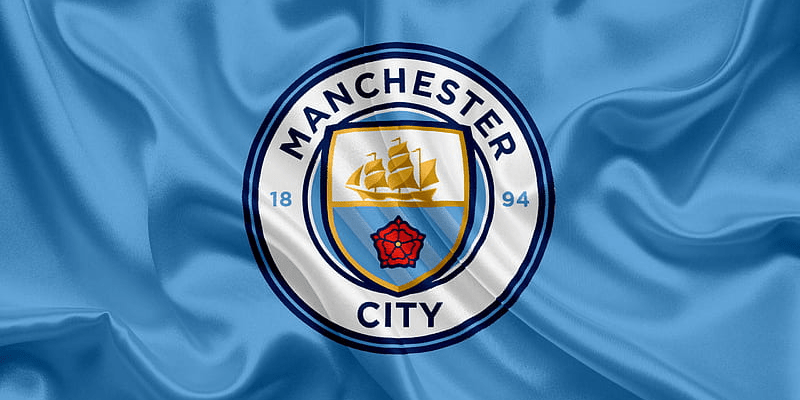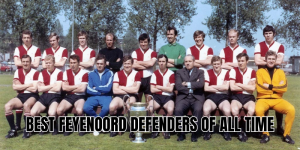Manchester City has grown into one of world football’s giants. But it all began with humble roots. In this article, AvigGoal will take you on a journey through time to answer the question: when was Manchester City founded — and explore how that foundation shaped a club with an extraordinary history.
Origins: The Birth of a Club

The story of Manchester City doesn’t begin with sky blue shirts or trophies — it begins with a church. In 1880, members of St. Mark’s Church (West Gorton) in East Manchester decided to form a football team as a social project aimed at offering recreation and reducing crime during a period of hardship in the community. This team was initially known as St. Mark’s (West Gorton).
That inaugural season wasn’t glorious — their first recorded match was a 2–1 loss — but the seeds were planted. The club’s founders, including rector Arthur Connell and churchwardens William Beastow and Thomas Goodbehere, saw football as a way to unite the local community.
By 1887, the club underwent its first reorganization and adopted the name Ardwick Association Football Club. Then, in 1894, after further restructuring and to reflect ambitions beyond a local parish team, the club officially renamed itself Manchester City Football Club.
Thus, in strictly technical terms, the club traces its founding to 1880, though the “Manchester City” identity was formalized in 1894.
Official Foundation and Name Changes
To understand the identity and lineage of City, it’s helpful to break down the timeline:
| Year | Name / Status | Significance |
| 1880 | St. Mark’s (West Gorton) | The original founding under the church parish |
| 1887 | Ardwick A.F.C. | Reorganization and adoption of a new name |
| 1894 | Manchester City F.C. | The current identity was adopted |
While many fans and official sources refer to 1880 as the foundation date, the name “Manchester City” technically dates to 1894. Over time, the club has embraced both — using 1880 to emphasize its deep roots and 1894 to mark the beginning of its modern identity.
Early Years: Building a Football Legacy

The early decades were a test of survival and ambition. City joined the Football League in 1892, entering the Second Division and steadily building toward higher competition. By 1899, the club secured promotion to the First Division for the first time.
The first major victory came in 1904, when City lifted its first FA Cup trophy by defeating Bolton Wanderers 1–0 in the final., the club’s story became one of ups and downs — promotions, relegations, scandals, and reinvention.
Turmoil and Triumph
- In 1906, City was embroiled in financial irregularities, resulting in the suspension of 17 players.
- That decade also saw the club relocate, eventually settling into Maine Road in 1923.
- In 1937, City won its first ever First Division (top-flight) title.
- The post-war era brought glory, decline, rebirth — and in 1970, City won its first major European honor, the European Cup Winners’ Cup.
Yet even with its glory moments, City spent periods in the lower divisions, reaching a nadir in 1998 when it descended to the third tier. Redemption came through slow rebuilding, culminating in promotion and eventual stability back to the top flight.
Modern Era: Transformation and Dominance

The turning point in Manchester City’s modern history is the 2008 takeover by the Abu Dhabi United Group. This ushered in a new era of investment, ambition, and global branding. The club’s trajectory shifted dramatically: new stadium, marquee signings, global expansion and multiple trophies.
Under modern managers such as Roberto Mancini, Manuel Pellegrini, and especially Pep Guardiola, City achieved:
- Premier League titles
- Domestic trebles and “quadruples”
- Champions League success
Today, Manchester City is not just a top English club — it’s a global brand, with youth academies, satellite clubs, and a reach beyond Manchester.
Why the Foundation Year Matters
For fans, tradition and identity are sacred. Claiming 1880 connects City to deep roots in Manchester’s social history — a community club that rose. Using 1894 acknowledges the moment when the club embraced its modern football identity. Either way, the foundation date offers context to City’s journey, many official publications and fan communities use “Founded in 1880” prominently, reinforcing that origin story. Meanwhile, club statistics and historical timelines often cite 1894 as the official naming moment. Both are used respectfully depending on the context.
Legacy and Impact
Since its foundation, Manchester City has grown in influence both on and off the pitch. The club has:
- Produced legendary players like Colin Bell, Bert Trautmann, Sergio Agüero, Kevin De Bruyne, and Erling Haaland
- Raised standards in stadium design, youth development, and sports science
- Pushed English football into new financial and tactical paradigms
By knowing when was Manchester City founded, fans appreciate how far the club has come — from a church in Gorton to one of the world’s richest and most successful football institutions.
Conclusion
When was Manchester City founded? The club traces its roots back to 1880 as St. Mark’s (West Gorton), while it adopted the name Manchester City F.C. in 1894. Both dates matter — one for historical foundation, the other for modern identity.
At AvigGoal, we believe that understanding a club’s origin is vital to appreciating its soul. If you enjoyed this deep dive into City’s history, explore our site for player biographies, match analyses, and latest transfer news. Keep following AvigGoal — your go-to source for football insight, stats, and stories.







